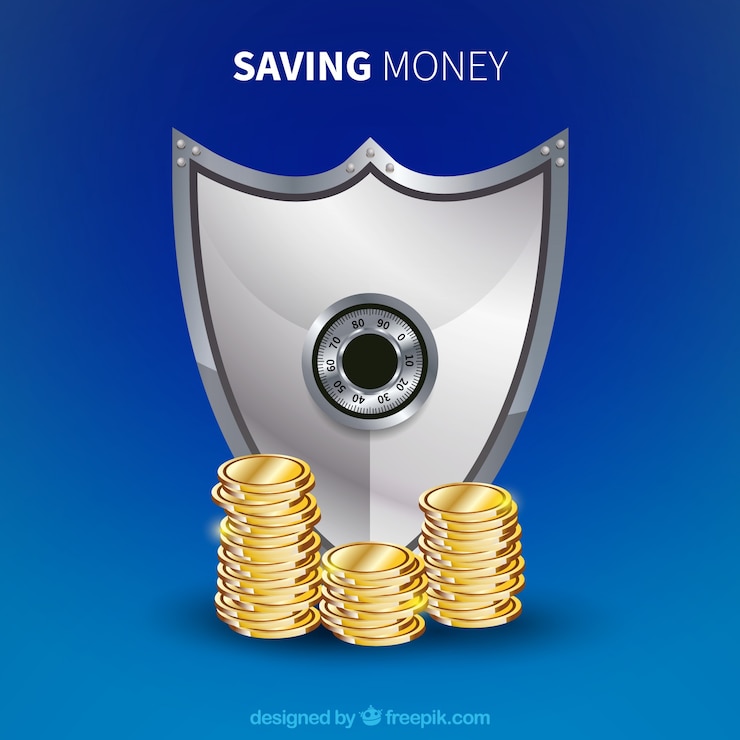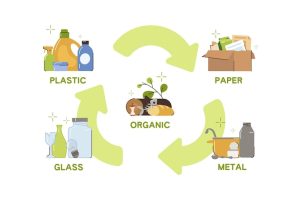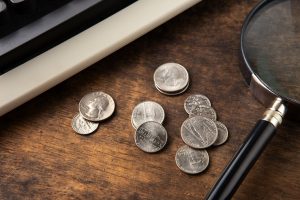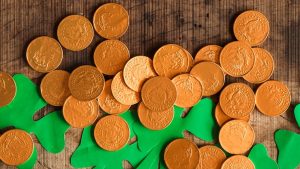
Hey everyone! I’ve got a guest post for you today, brought to you in collaboration with CoinAdvisor.com, all about keeping your coins safe. I promise we’ll get back to regular blogging soon—it’s just been hectic with my other projects. Thanks for your patience! I’m still collecting coins on the side, but haven’t written much lately. Hope your collections are thriving!
Coins are extremely sensitive to moisture, and even a few splashes from nearby conversations could leave spots that are hard to remove. To protect them, always keep your coins in some kind of container, like a coin album, flip, or slab.
While your coins may look sturdy, they’re actually more delicate than you’d expect. Dirt, grime, and oils from your fingers can severely impact these valuable items. In the worst-case scenario, handling them with bare hands can cause scratches, smears, and discoloration, significantly reducing their value.
If you ever need to handle your collection, make sure to wear cotton or latex gloves to avoid most of these issues. As for smearing, keep your fingers on the edges of the coins, even when you’re wearing gloves!
It might seem like cleaning your coins is a good idea, but it can actually harm their value. Polishing or cleaning can cause microscopic damage, which accumulates over time and leads to a substantial loss in value.
New collectors often notice changes in their coins’ color and feel the urge to clean them. However, this color, known as “tone,” is a natural result of oxidation. There’s no good way to remove this discoloration without risking damage to the coin and depriving it of its natural shine. Interestingly, some collectors prefer toned coins, as this unique coloring can actually increase their value!
If you own a special coin or a set of mint coins, NEVER remove them from their holders. These coins are best kept in slabs and should remain there for protection. Plus, when you buy mint coins, it’s wise to keep any accompanying papers, as they can help verify the coin’s value in the future.
Paper coin holders can sometimes carry harmful chemicals that might cause discoloration or staining on coins. If you use a paper holder, check if it’s labeled “acid-free” by the manufacturer. If not, consider avoiding it.
Similarly, certain plastics, especially PVC, can damage coins. When using plastic storage, choose containers specifically designed for coins to avoid any detrimental green film from developing.
The best storage options include slabs, albums, cabinets, and cases—these are crafted by experts aware of the nuances involved in coin collecting. Keep these containers in dry and controlled environments to limit moisture and slow oxidation. For optimal protection, consider storing your collection in a safety deposit box to guard against theft and other mishaps.
Coin collecting is a pastime cherished by many, including historical leaders. Today, it’s a thrilling adventure to seek out rare and valuable coins.
Whether you view it as an investment or a hobby, the main reason we do it is simple: we love it! Keep collecting and enjoying the journey!
*****
Tyler Fleck is a blogger and editor at CoinAdvisor.com, your destination for learning about coin collecting and expanding your collection with new silver and gold coins.







